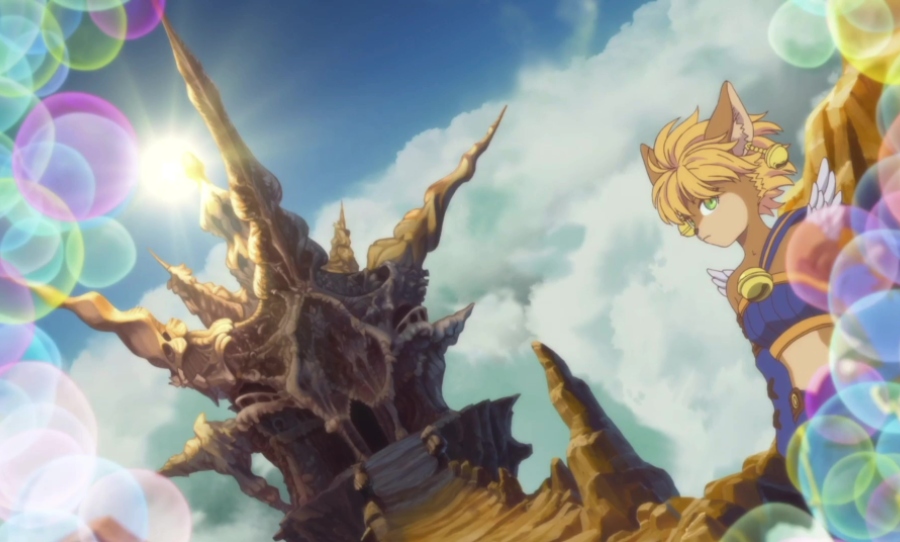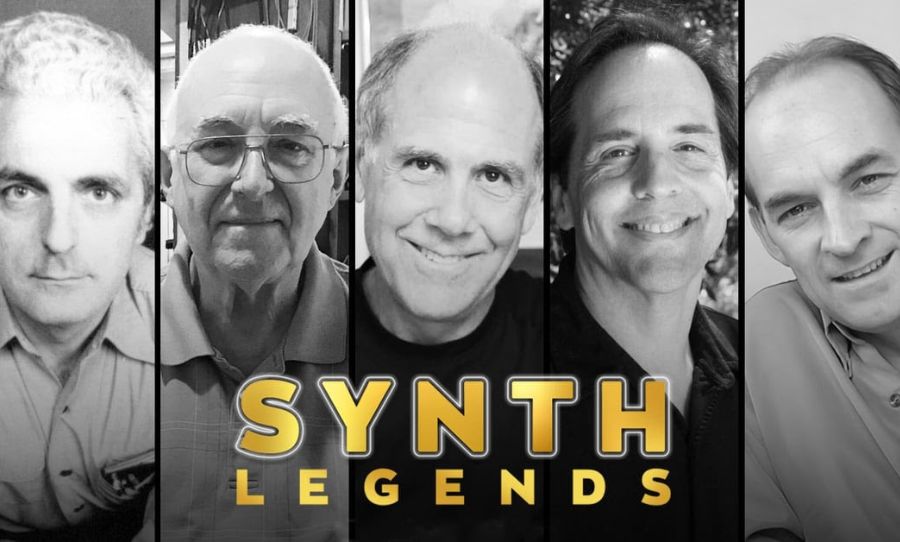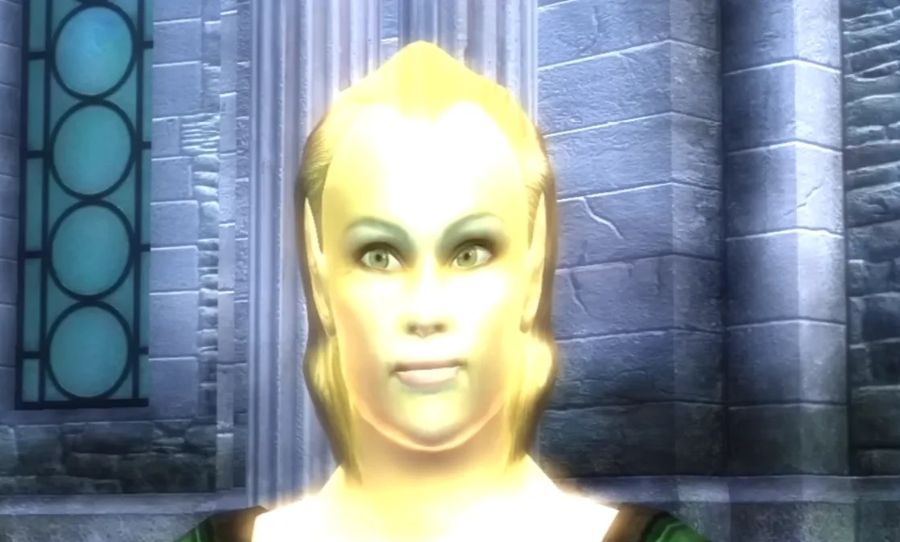Legend of Mana, a classic JRPG from 1999, has received the full remaster treatment. It’s a gorgeous world full of mystery, magic, vibrant colour and, above all else, peculiarity.
Legend of Mana is the fourth instalment in the divisive Mana series. I say divisive, although that probably isn’t entirely correct. Certain titles from the series are universally acclaimed, and celebrated as some of the most important and influential games in Japanese video game history. Others, not so much.
The admirable peaks, and disappointing dips, of the series amount to a collection of games that have at times suffered due to their own lofty reputation. Legend of Mana is one such title; a game that on release was punished for what it wasn’t, rather than appreciated for what it was.
But what exactly is it? Well, herein lies the problem. Legend of Mana is extraordinarily difficult to pin down.
It’s a fantasy role-playing game that doesn’t really have much of a main narrative. There’s a monster catching mechanic that isn’t dissimilar to Pokémon. It’s a world building game that lets you shape the game’s environment and locations.
There is even side-scrolling combat that recalls games like Streets of Rage, despite the fact that it relies on stats and acquired items. And that’s just the tip of the iceberg.
Legend of Mana, to put it bluntly, is completely bonkers. It has so many different gameplay components, of which not all work in tandem, and does a pretty terrible job of explaining the vast majority of them.
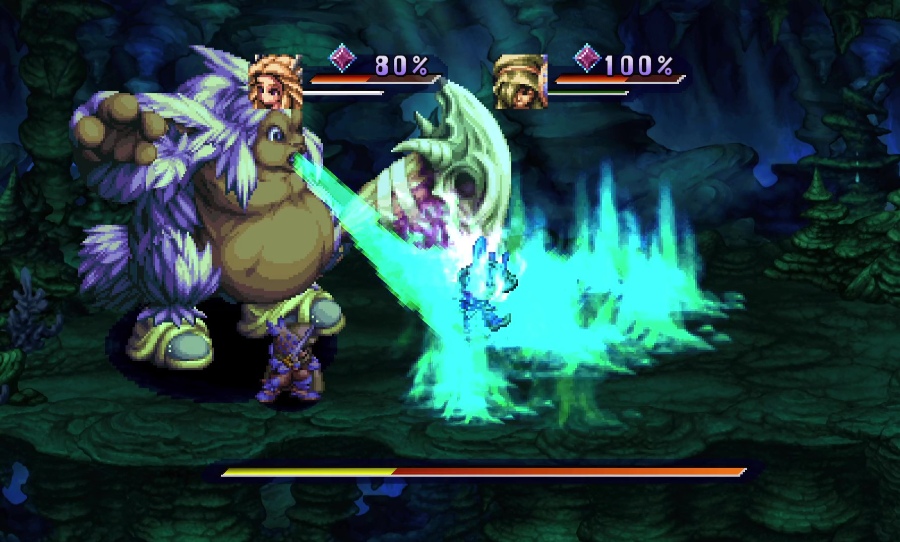
A trip down memory lane
I remember my first encounter with the game, back in the year 2000 when I was around 10 years old. I had asked my parents for Final Fantasy VII for my birthday, and instead received Legend of Mana; apparently the shop clerk told my mother it was virtually the same.
It wasn’t.
What followed was a singularly frustrating experience, in many ways akin to learning physics in a foreign language. I was thrown into an alien world jammed full of talking plants, mystical trees, and confusing gameplay mechanics that were unlike anything I’d ever come across.
I spent hours running around in circles without the faintest idea of what I was supposed to be doing. In hindsight, I wasn’t ready for the answer Legend of Mana was trying to suggest: whatever you feel like.
In many ways Legend of Mana is a natural precursor to the modern trend of casual games like Stardew Valley – an open world for you to interact with as you see fit. If you want to collect monster pets, then you can. If you want to fight countless battles and become a powerful warrior, it’s but a sword swing away. If you want to make friends with the colourful cast of characters, it’s up to you.
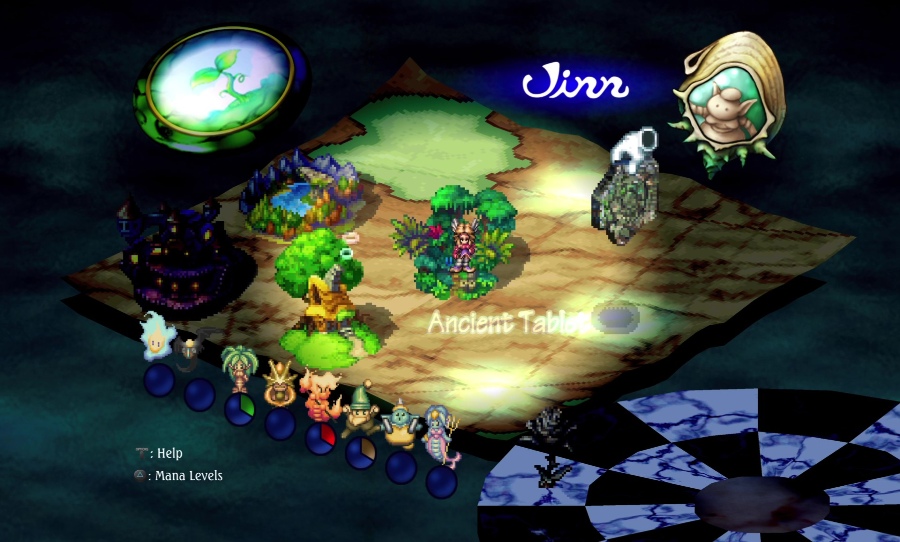
Revisiting the game after all these years, it’s immediately apparent how ahead of its time it was. Especially in terms of the breadth of its gameplay.
Much has already been said about the stunning soundtrack and gorgeous artwork, and I can’t really add anything to that discussion. It’s simply true. Within the first hour of playing Legend of Mana and hitting early quests such as The Lost Princess, you will know that your senses are in for an absolute treat.
Missed opportunities
More dated, perhaps, are some of the gameplay mechanics. While at the time of release the ability to decide the layout of the world map may have been a novel concept, it doesn’t really achieve anything from a gameplay perspective other than causing players to worry about horribly irreversible decisions that will haunt them for the rest of their playthrough.
Similarly wrong-headed, and more poorly executed, is the clumsy map system that is used to show players an overview of each area. It isn’t necessary, and only serves to slow down the player’s progression from one mini-area to another.
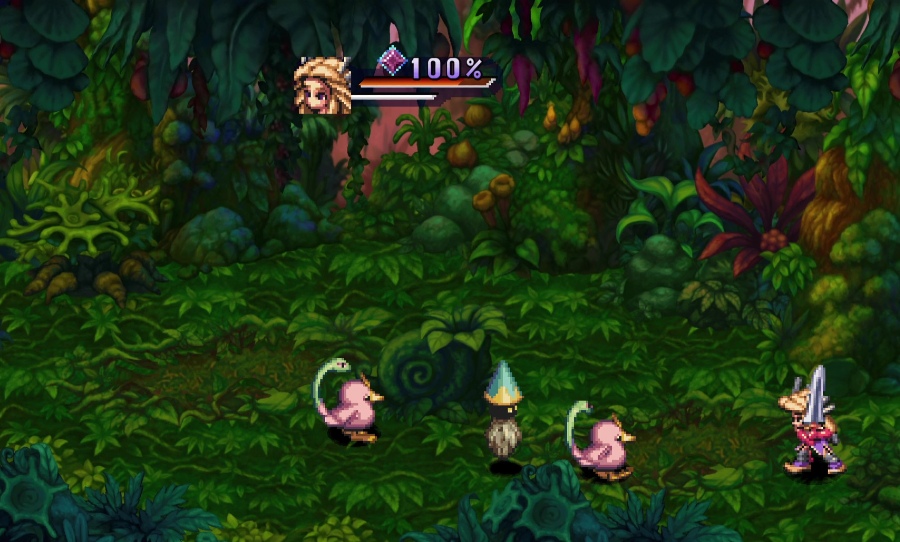
While by no means game breaking, these mechanics could have been tweaked, or gotten rid of entirely, to truly bring Legend of Mana into the current generation of gaming.
Another criticism, which is admittedly more down to my own personal preferences, regards the game’s apparent fascination with showing off the underwear of its female characters. I recognise this isn’t exactly a rarity in the realm of Japanese anime, but it feels so out of place in the context of Legend of Mana that I’d have thought the offending passages would have been done away with (like Mass Effect Legendary Edition did).
Alas, even in a world of wonder and magic, the pervy male gaze is inescapable.
Closing thoughts on Legend of Mana
All things considered, time has been rather kind to Legend of Mana. Its engrossing world building and lore, wonderful art direction, and great music ensures that it still has a lot to offer modern gamers.
In many ways, the game was ahead of its time, and consequently feels ripe to the preferences of the modern age.
Legend of Mana is available now on PS4, Switch, and Steam.
